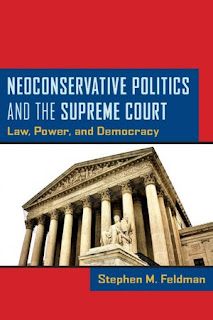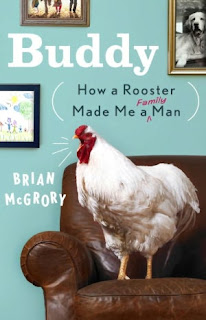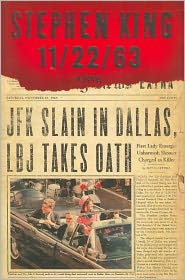 "gripping, imaginative [and] terrifically inventive ... we haven't had a science fiction novel like this for a long time." His most recent book, The Rise Of Ransom City, is out this month.
"gripping, imaginative [and] terrifically inventive ... we haven't had a science fiction novel like this for a long time." His most recent book, The Rise Of Ransom City, is out this month.Recently I asked the author what he was reading. Gilman's reply:
At the moment -- having just handed in a novel draft to my editor, and started laying down groundwork for a new project -- I'm mostly reading for research. This means a big pile of books on:Visit Felix Gilman's website and Twitter perch.
-- Manuscript illumination. Books about the lives of medieval scribes and illuminators - their work habits, their society, the economics of the profession. A couple of big glossy coffee-table books of illuminations, good for flipping through for inspiration. Books about technique and details (what kind of pens did they use? where does the ink come from? Etc). I'm reasonably certain that the book begins with an illuminator traveling on business, circa 1325, in England.
-- Medieval travel-writing. E.g. John Mandeville, who wrote a 14th century account of his (possibly apocryphal) travels to and from Jerusalem, in which useful advice about travel is mixed in with rumours of dragons and giants and et cetera; Benjamin of Tudela, a 12th century traveler from Spain, who wrote mostly about visiting Jewish communities between Spain and Africa; Ibn Battuta, who set off for Mecca in 1325 and wandered about for another thirty years; and whatever others I can get my hands on. So far Ibn Battuta is by far the most readable for modern tastes.
-- General historical works that have struck my fancy. I read Huizinga's Decline of the Middle Ages years and years ago at university; it's even better re-reading it than Iremembered - a beautiful book. Very old now and probably outdated now but that's OK; I'm reading more for inspiration than for the sake of strict fidelity to facts. A lot of what I want is out of print and I don't have convenient library access at the moment, so I'm dependent on what happens to be available online at a reasonable price. That's OK too; I like the element of randomness/serendipity.
I'll let myself read fiction again when I have at least a few chapters + synopsis of the new thing under my belt.
Also, I have a 14-month old child so I spend quite a lot of time reading the kind of books where you point at a picture of a ball and say "Ball. Ball. Do you see the ball? It's a red ball. The ball is red. William? William? Do you see the red ball? It's a ball. No don't eat the book. No, don't."
--Marshal Zeringue




















































